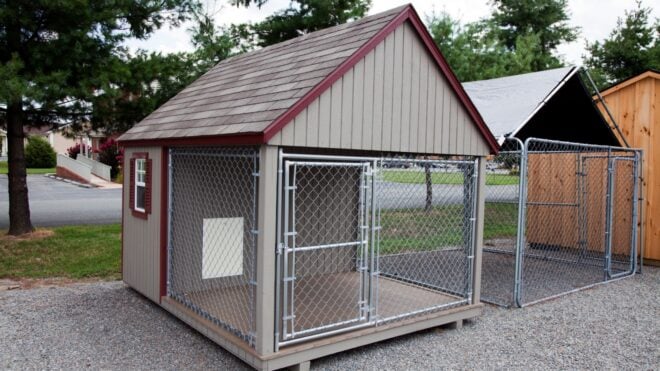
At some point or another, many of us are going to have to face a potentially uncomfortable conversation: the moment when we have to talk about puberty with our children. While the conversation can be a challenge even in the best of circumstances, it can feel doubly intimidating for dads of tween girls or moms of tween boys.
While I can't speak to what it's like to be a girl's dad and need to have "the talk" with her, I am happily parenting an 11-year-old boy and we talk about everything. His dad is also fully invested and engaged in conversations about sex education and puberty, but there have definitely been times when my son and I ended up chatting about changes in his body, either by request or necessity.
Once you get over your initial butterflies about having a conversation about puberty with your son, in my experience, you discover pretty quickly that it's really not that big of a deal. Here are a few tips that have worked for me, plus a few that I haven't tried but that sounded pretty spot-on.
1. Don't make it a super-big deal.

Listen: Both you and your son are probably a little anxious about the idea of sitting down together and talking about puberty. So one thing that has helped me is remembering that we don't have to make a big production of the whole thing. I am quite fond of using books we're reading together or shows we're watching as jumping-off points for any number of potentially challenging conversations, and talking about puberty is no different.
This can work in a few ways, depending on what kind of media you and your kid consume together. I love reading with my son (and he still loves asking me to read with him), and the books we read together age up in maturity alongside my kid. We've had a lot of conversations about body changes and puberty simply because characters in the books are going through those same changes, and the conversation just organically happened.
2. Make sure you know what you're talking about.

While boys and girls experience some of the same effects of puberty, there's also a lot that is really different. When I was in school, my sex education class was pretty low on helpful information, and as my son approached the tween years I found out that I didn't actually know a lot about what changes boys go through. Sure, there are things (like voice changes) that are popularized in pop culture, but I found out that I needed to do a little reading before I was ready to really dive in. My kid likes to have facts first, and without those facts, I wouldn't have been a lot of help to him.
3. Sync up with your partner or co-parent (if there is one).

If you have a partner or co-parent, it's also important to make sure you're both more or less delivering the same information. It's definitely helpful to talk to that person before you talk to your son, because it would be super confusing for your son to get one set of information and facts from one person and then a whole other set of directly contradictory facts from the other.
4. Don't assume he knows much.

I think a lot of parents (definitely including myself) would love it if our kids could learn the hard or uncomfortable stuff by osmosis. You know, you just think it in your head and your son gathers it all up in his head and no one has to feel weird ever.
Sadly (and happily), it doesn't work that way. I have found it's best to let my kid lead the conversation at a pace that he's comfortable with, but to also assume that he basically knows nothing, even stuff I know we've been talking about since he was a preschooler.
5. Don't limit the conversation to your comfort zone.

Talking to your tween son about puberty can and should be a BIG conversation. I don't mean a big, heavy conversation — I mean one that encompasses a huge swath of information and topics. While you might think that a quick chat about taking showers will do the job, you will be most helpful if you make sure the conversation is open to all of it: body changes, sex education, sexuality, consent, and more.
6. Talk to your son about what girls go through, too.

I never cease to be amazed by the number of fully grown adult men I know who really don't know much about how a woman's body works. I'm not making a joke about sex here — I mean men who don't understand how periods work, for example. While you're obviously going to be talking to your son about what's going on with him, definitely make sure you include details about what girls experience, too. At the very least, your son will encounter girls and women in the world, whether they are friends, partners, both, or something else.
7. Don't neglect to talk about masturbation.

A lot of people still feel a heavy dose of shame surrounding masturbation, and that can make it extra difficult to talk about with your son. But it's a really important part of any conversation about puberty. Both boys and girls experience a surge in hormones, and self-pleasure is a way to explore that surge. If you find that your own feelings about masturbation hover in the neutral to negative area, maybe do some reading on your own before you bring it up with your kid. There's nothing to be ashamed of, and masturbation can be a really healthy part of anyone's sexual experiences.




